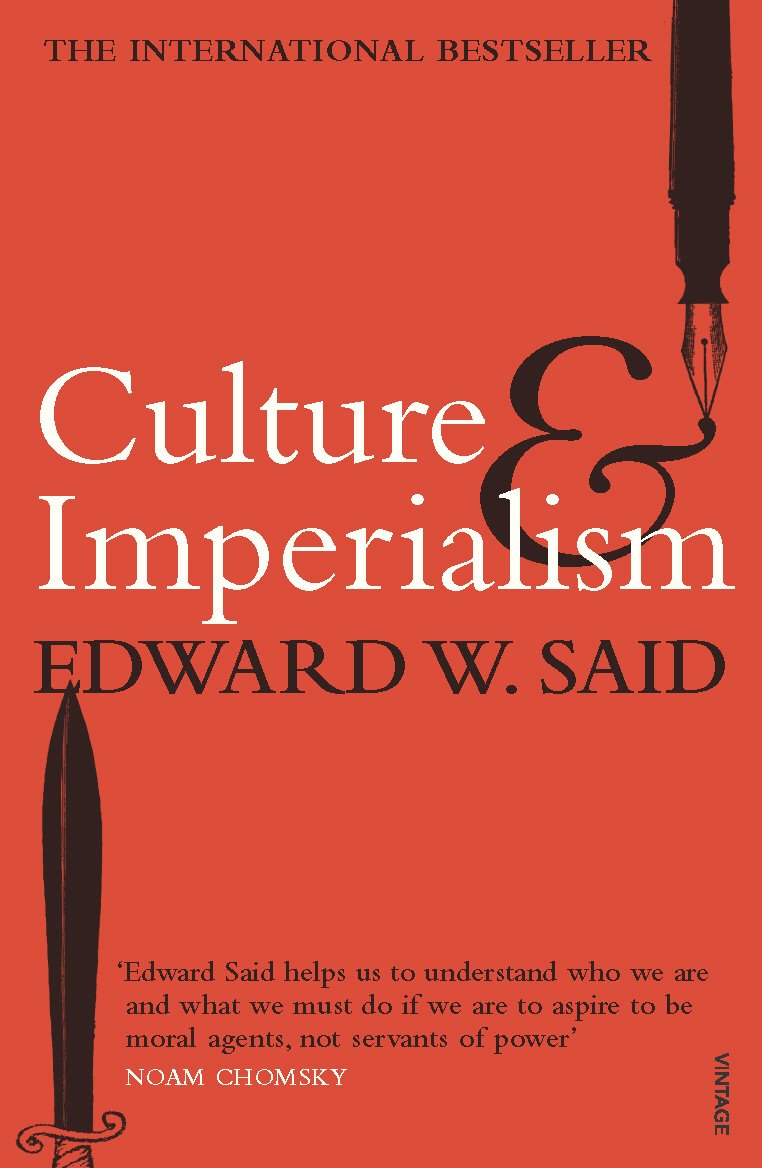Culture and Imperialism
- Brand: Unbranded

Description
In regard to the universalization of Western philosophy and myth of objective truth, Said is following Fanon, where he famously said: “for the native, objectivity is always directed against him. The title is thought to be a reference to two older works, Culture and Anarchy (1867–68) by Matthew Arnold and Culture and Society (1958) by Raymond Williams.
Said believes that diversity is valuable and complex and cannot be reduced to simple identity symbiology. The _ga cookie, installed by Google Analytics, calculates visitor, session and campaign data and also keeps track of site usage for the site's analytics report. His definition of "culture" is more complex, but he strongly suggests that we ought not to forget imperialism when discussing it. Said emphasizes the failure of academy and intellectuals to bridge the gap of culture in preventing further military intervention and continuation of imperialism. At the same time, it’s very obvious that Lenin is somehow absent from the book, rather there is a shift of perspective towards thinkers who experienced imperialism from the other side of it.
The imperial nations have not only the right but the obligation to rule those nations lost in barbarism to civilize them. I remember being completely blown away by Said's 'Orientalism' years ago, and this book, like that one, is less concerned with resolving every possible issue it brings up than with inaugurating and providing profound moral and aesthetic incentives for a massive intellectual mission. Edward Said’s Culture and Imperialism employs a “contrapuntal” reading strategy by which he asserts the needs to examine texts from the perspectives of both colonized and colonizer. It's quite apt that the book begins with a famous passage from Conrad's "Heart of Darkness": "The conquest of the earth, which mostly means the taking it away from those who have a different complexion or slightly flatter noses than ourselves, is not a pretty thing when you look into it too much. Culture and Imperialism is also published in an era following the fall of the Berlin wall and invasion of Iraq where Western Universalism is under direct criticism.
The first part of this book explores imperialism through various works of literature/music (Mansfield Park, Heart of Darkness, and Aida, for example. As a foundational text, Orientalism was controversial among the scholars of Oriental Studies, philosophy, and literature.It is Said's intent to show how literature is a reflection of culture revealing imperialism as an integral part of British life in the 19th and very early 20th centuries, so closely related as to be like wallpaper to a room and so necessary as a support for the economy. The Age of Empire, a term coined by historian Eric Hobsbawm in his classic anthology narrating the rise of European Bourgeois society and industrial capitalism, seems long behind us. They are simply examples leading to the bigger picture that Edward Said is gradually revealing before our eyes. Said’s Culture and Imperialism” (1993) is kind of a sequel to his earlier book, now a classic, ‘Orientalism’ (1978). Regard experiences then as if they were about to disappear: what is it about them that anchors them or roots them in reality?
He defined imperialism as ‘the practice, the theory and the attitudes of a dominating metropolitan centre ruling a distant territory’. I realize though that most people reading this don’t have that perspective (or haven’t re-contextualized their past in this manner) and so might not have any qualms outright dismissing the right of oppressed people to riot and be violent. We gain an understanding on why the United States first supports Saddam, just to demonize him into an Arab Hitler (1991), yet to make friends with him again, just before his overthrown (2003). In 1963, he began teaching at Columbia University, where he was University Professor of English and Comparative Literature.Fox and Partha Chatterjee suggest crucial modifications of Said’s opposition between the West and the colonized, arguing that nationalist opposition developed out of Western orientalist constructs. He is the author of twenty-two books which have been translated into 35 languages, including Orientalism (1978); The Question of Palestine (1979); Covering Islam (1980); The World, the Text, and the Critic (1983); Culture and Imperialism (1993); Peace and Its Discontents: Essays on Palestine and the Middle East Peace Process (1996); and Out of Place: A Memoir (1999).
- Fruugo ID: 258392218-563234582
- EAN: 764486781913
-
Sold by: Fruugo
